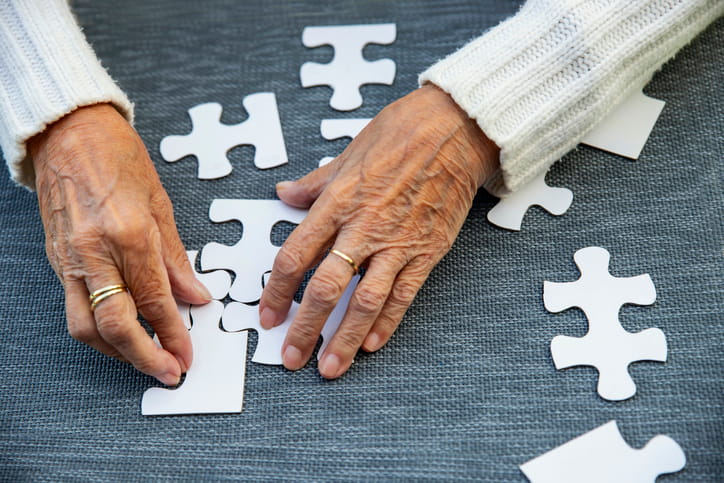Is Memory Care Considered Skilled Nursing In Utah?

When navigating long-term care and rehabilitation options for a loved one with Alzheimer’s disease or another form of dementia, families often encounter a number of confusing terms. Phrases like assisted living, skilled nursing, and memory care are common, but what do they mean exactly?
These words all have very specific meanings, especially when it comes to the law and what is covered by insurance and other healthcare payment methods. Each type of care offers different levels and types of support, and understanding the distinctions is critical when making decisions that will affect your loved one’s quality of life, health, and financial security.
One of the most common questions families face is: Is memory care considered skilled nursing care in Utah? While bothtypes of care provide assistance to individuals with serious health needs, they are fundamentally different in scope, staffing, services provided, and how they are licensed and regulated by the state.
Today, we’ll break down the key distinctions between memory care and skilled nursing care. We’ll explain what each entails and help you decide what care options are best for your family.
What Are Memory Care Facilities?
Memory care is a specialized form of long-term care designed for individuals with Alzheimer’s disease, dementia, or other memory-related conditions. Memory care facilities cater to this population specifically, generally seniors, and offer therapies and amenities for those with these conditions. In general, these facilities don’t care for those without diagnosed memory diseases.
Memory care facilities offer a secure environment with trained staff to assist residents with daily activities such as bathing, dressing, and medication management. There are generally two kinds of facilities, dedicated memory care facilities and specific wings of nursing or other care homes.
Common features of memory care facilities include:
- A secure environment: One of the greatest risks to those with memory issues is wandering. Memory care facilities and wings are specifically built to keep patients from leaving and hurting themselves.
- Specially trained staff: Staff are trained specifically to serve those with memory issues. This training may include behavior management, unique communication strategies, and other techniques.
- Structured activities tied to memory issues: As opposed to other facilities, memory care often structures the days around memory care issues. This may include enrichment activities like art class tailored to those with memory issues or pet therapy.
- Memory therapies: Oftentimes, memory care facilities will have therapists on staff who care for memory issues specifically. Therapies might include things like music therapy as well.
- Specialized dining programs: Memory care facilities may also have specialized dining programs for those with memory issues as well to help those with cognitive issues get adequate and healthy nutrition.
In addition, memory care facilities are often built with amenities that reduce confusion and anxiety, common afflictions among those with memory issues.
What Are Skilled Nursing Facilities?
Skilled nursing care refers to 24-hour inpatient care provided in nursing facilities where residents receive licensed nursing and medical supervision for conditions that require complex care. There are typically two types of patients that require skilled nursing. The first are chronic patients, and the second are patients on short term stays, usually after a stay in the hospital. For our purposes here, we’ll focus on the former.
Skilled nursing facilities are generally suitable for individuals with serious health issues who need daily medical attention, rehabilitation, or continuous monitoring. Skilled nursing facilities are equipped to handle medical treatments, emergencies, and therapies that go beyond the capabilities of typical assisted living environments.
Typical services in skilled nursing facilities include:
- 24/7 nursing care
- IV therapy
- Wound care
- Rehabilitation, such as speech therapy, physical therapy, and occupational therapy
- Pain management
- Tube feeding
With skilled nursing care, the focus is not just on helping residents with daily activities, but also on treating, monitoring, and managing medical conditions.
What Is The Difference Between Skilled Nursing And Memory Care?
The biggest difference comes down to the population they serve.
Memory care is specifically for those with memory issues like dementia. These facilities are generally more secure to prevent wandering, and provide patients with services dedicated to memory needs, like specific therapies and enrichment activities.
Skilled nursing care is for those with chronic illnesses or who have just been released from the hospital who need a high level of medical care provided by licensed medical providers such as nurses and doctors. Services generally focus on rehabilitation or the management of chronic physical health issues.
Considering Skilled Nursing Or Memory Care?
Give Monument Health Group a call today. We provide the top quality in both for many locations throughout Utah
Call Now For Utah’s Premier Skilled Nursing And Rehabilitation.
